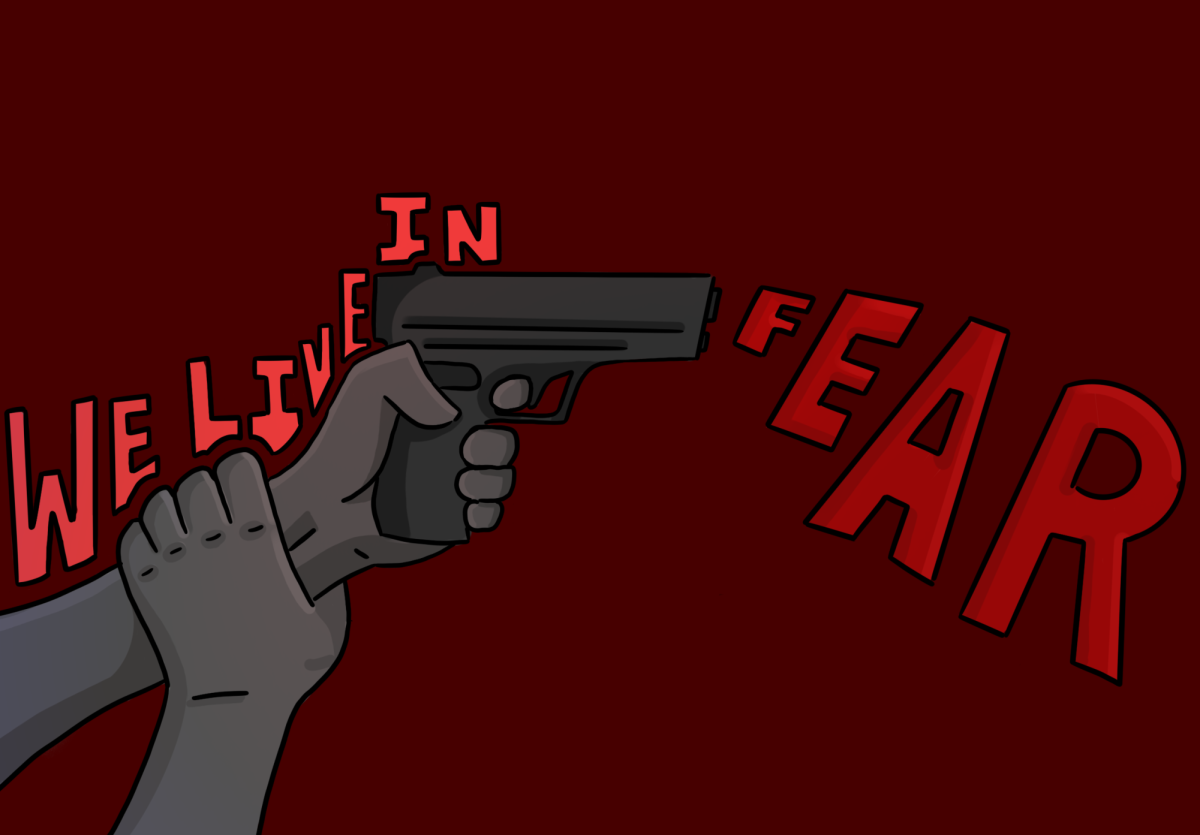The situational comedy, or, as it is commonly known, “sitcom,” has been around since 1947 when Pinwright’s Progress aired on the BBC. From “Friends” to “The Office,” every generation that is still alive today has had a wildly popular sitcom to enjoy; However, I believe that the sitcom as a genre is undervalued and underappreciated. It is thought of as a juvenile laugh track lacking in substance instead of revered as the elevated art form that it is.
Sitcoms offer a world of possibilities, neatly packaged in a fifteen to fifty-minute episode that can be consumed as you eat a bowl of Fruity Pebbles for breakfast. But this is the mastery of the sitcom: the plot sneaks up on you — introduced in bite-sized pieces as you click “Next Episode.” Before you know it, these characters and their lives are more real to you than your actual neighbors. But why are sitcoms arguably the best genre of television considering the wide range of entertainment types offered in this modern day and age? I’ll tell you.
Before we begin, some clarification is necessary. The definition of a sitcom can be extrapolated from its name: a comedy based on a cast of characters who experience different situations. This can include mockumentaries, medical dramas, teen shows, workplace comedies and everything in between. They can be realistic or as fictional as fictional comes. There are two reasons why sitcoms are great, and they can be found right there in the name: situations and comedy.
Firstly, there is the situational aspect. The sitcom is a perfect snapshot of being a human. Life is about the people we share it with, and between the one-liners and jump-cuts, the sitcom offers an exploration of what matters most. It focuses on exaggerated versions of those around you and can bring forth profound realizations by mirroring our actions and choices. We see ourselves reflected in groups of people who make it through whatever circumstances arise at the moment because we do the same thing every time we get out of bed. Every sitcom, no matter how far-fetched, is inspired by some universal experience.
It simplifies the complexity of life which can be so ludicrous and vast that we often find it crushingly incomprehensible. An endless number of events had to occur for a collection of atoms to create a show where a former lawyer goes to community college after his degree is revoked, and we watch it and laugh (“Community,” available on Netflix). Isn’t that incredible? Situations make or break a person, and living through situations helps you define and identify who you are and how you experience reality.
Secondly, the comedy part. This is what strings together a series of seemingly unconnected moments to create a masterpiece. Laughter is one of the most powerful things in the world. Anyone can share a laugh, regardless of language, age, or any of the trivial boxes we categorize our fellow human beings into. Comedy, in its purest form, induces the basic emotion of joy, and it is the backbone of the sitcom. It introduces a certain lightness that can sometimes feel unachievable in our daily lives. There are so few opportunities for wholehearted relaxation in the chaos of our fast-moving world, and the sitcom is a safe space to bask in amusement and happiness. It is an arsenal of concentrated comfort, comparable to eating your mom’s freshly baked banana bread or soaking in a hot bath.
Some may argue that dramas are the best genre, as they inflate the proportions of human emotion to a level where it can be shown as deeply as it is felt. Others believe that there’s nothing more enjoyable than settling down with a nice documentary or tuning in to the latest episode of “Love Island.” I would say that a good sitcom combines all the best qualities of these other types of shows, providing plot twists, education, schadenfreude, adventure, and anything you can think of, alongside a healthy dose of laughter — the best medicine.










